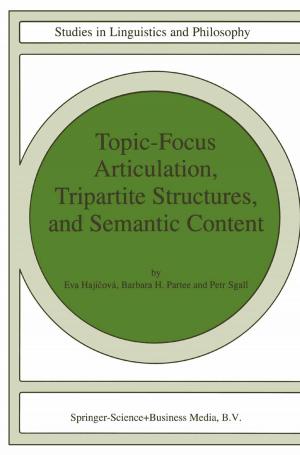Encounters and Engagements between Economic and Cultural Geography
Nonfiction, Science & Nature, Science, Earth Sciences, Geography, Social & Cultural Studies, Social Science, Human Geography| Author: | ISBN: | 9789400729759 | |
| Publisher: | Springer Netherlands | Publication: | April 2, 2012 |
| Imprint: | Springer | Language: | English |
| Author: | |
| ISBN: | 9789400729759 |
| Publisher: | Springer Netherlands |
| Publication: | April 2, 2012 |
| Imprint: | Springer |
| Language: | English |
The intellectual renaissance of human geography has included a widespread engagement between its economic and cultural subdisciplines. This volume adopts a variety of conceptual and empirical perspectives on the encounters between economic and cultural geographers. It offers an introduction and 10 chapters by authors in a variety of national contexts to explicate issues such as the cultural turn in economic geography, the cultural construction of economic geographic thought, consumption, gender, everyday life, commodity chain analysis, trust, networks, the creative economy, and tourism. The volume contains empirical analyses utilizing both quantitative and qualitative approaches at spatial scales ranging from the individual to the global economy. In illustrating how human geographers can ill afford to subscribe to the analytically false dichotomy between “culture” and “the economy,” the book explicates how cultural and economic geography can be seamlessly integrated , bringing them into a creative tension to their mutual benefit.
The intellectual renaissance of human geography has included a widespread engagement between its economic and cultural subdisciplines. This volume adopts a variety of conceptual and empirical perspectives on the encounters between economic and cultural geographers. It offers an introduction and 10 chapters by authors in a variety of national contexts to explicate issues such as the cultural turn in economic geography, the cultural construction of economic geographic thought, consumption, gender, everyday life, commodity chain analysis, trust, networks, the creative economy, and tourism. The volume contains empirical analyses utilizing both quantitative and qualitative approaches at spatial scales ranging from the individual to the global economy. In illustrating how human geographers can ill afford to subscribe to the analytically false dichotomy between “culture” and “the economy,” the book explicates how cultural and economic geography can be seamlessly integrated , bringing them into a creative tension to their mutual benefit.















